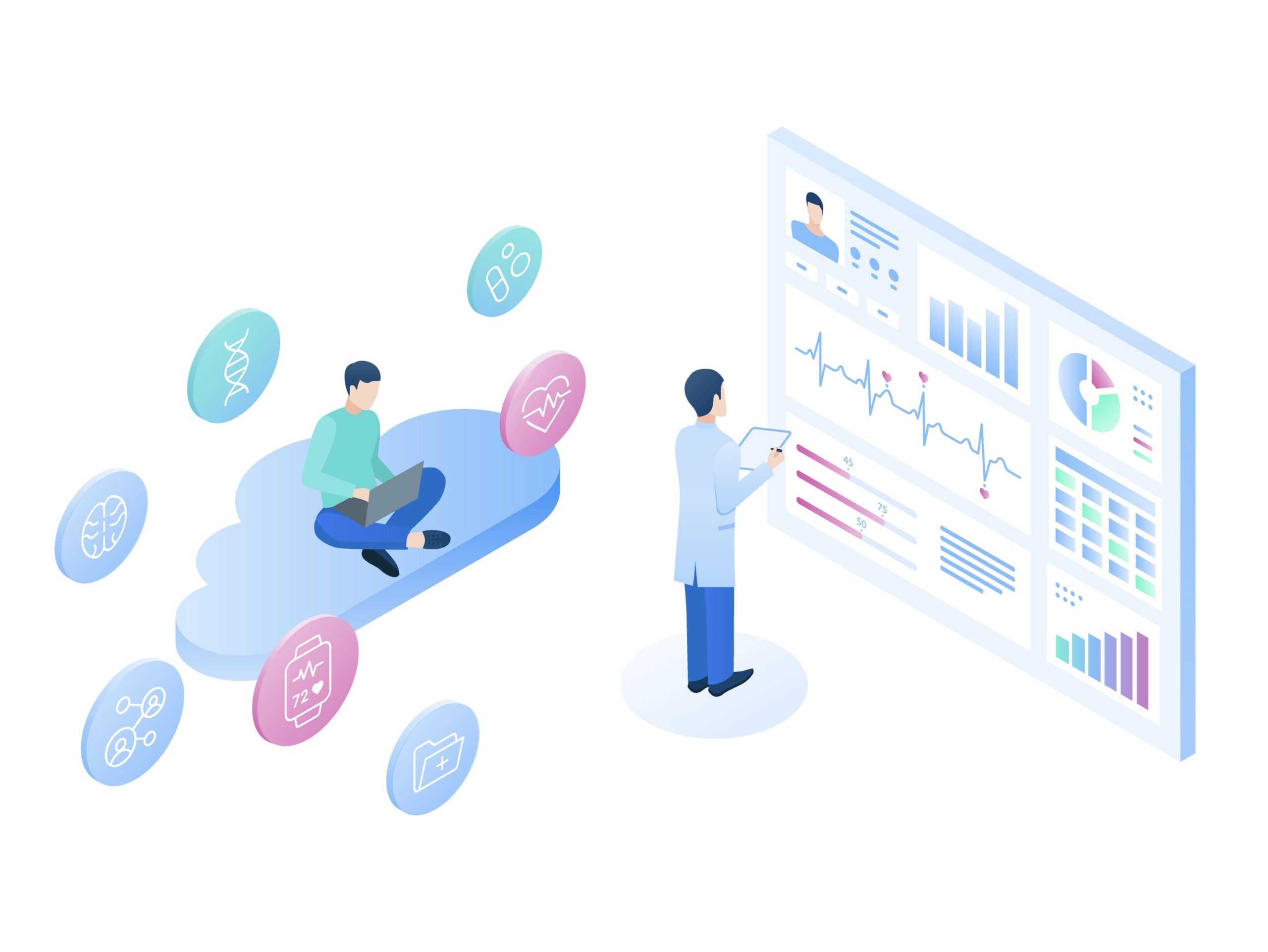latest
NHSX unveils new criteria to ensure health tech meets standards
New system to help ‘negotiate the maze’ of health and social care tech
Tools will receive a pass or fail in four categories… plus a score on usability and accessibility. DTAC Criteria
"It’s never been more vital for health professionals to know, with absolute certainty, that the apps they are using and recommending are of the required standard”. Tim Andrews, ORCHA
NHSX has unveiled a new simpler and faster assessment process aimed at helping give staff, patients and the public confidence that the digital health tools they use meet NHS standards.
The new Digital Technology Assessment Criteria (DTAC) is a rapid process that can be completed in days.
The idea is it will help users negotiate the thousands of health apps and digital technologies currently available.
NHSX’s new assessment criteria offers local and national NHS and social care teams guidance when deciding which health technologies to buy or recommend to patients.
The tool will apply to all types of digital health technologies, from public facing health apps to digital systems used within hospitals such as electronic patient records.
All parts of the NHS, from hospitals to Clinical Commissioning Groups to national bodies, and social care, will be encouraged to use the DTAC when they are considering which digital health products they want to use.
Pass or fail
The new guidance brings together legislation and best practice in five areas. Tools will receive a pass or fail in four categories – clinical safety, data protection, technical security and interoperability – plus a score on usability and accessibility.
DTAC is already being used by trusts and systems as they procure products to provide video consultations in secondary care over the coming year; their chosen suppliers must be DTAC assessed if they are to qualify for national funding available to support embedding and spreading of video consultations in secondary care settings.
Matthew Gould, chief executive of NHSX, said: “The new Digital Technology Assessment Criteria is designed to give staff, patients and citizens confidence that the digital health tools they use meet the NHS’s high standards.
“The new assessment process will identify the digital tools that meet NHS standards on clinical safety, cyber security and data protection from amongst the thousands available in the market, and do it more quickly than before.”
Helping developers
The new criteria will also help innovators and developers understand the standards they need to meet to offer their products to the NHS.
NHSX is now working to ensure DTAC is used across the NHS and becomes the default criteria against which all digital health technologies that are being considered for use are assessed against.
The first version of DTAC reflects feedback received from over 800 stakeholders, after a draft version was published in October.
NHSX will be working over the coming months to ensure DTAC is embedded with local NHS organisations and in procurement frameworks so that anyone buying in new digital health products is first assessing it against DTAC.
Tim Andrews, chief operating officer of ORCHA, the health app evaluation organisation, said: “It’s never been more vital for health professionals to know, with absolute certainty, that the apps they are using and recommending are of the required standard.
“The new DTAC sets out a clear, standards-based approach which allows hospital trusts and CCGs to take control. ORCHA is here to support the whole community – NHSX, developers, health and care providers and, ultimately, the citizens of this country.”
More information on DTAC is available here
